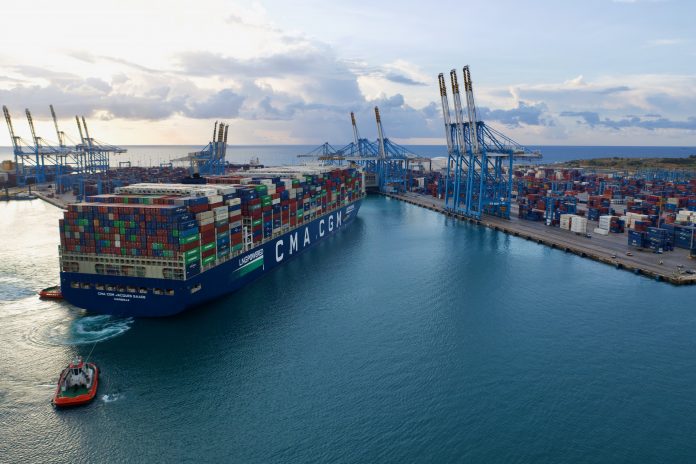Much of the damage from global warming will be first felt by the small island developing states, known as SIDS, but the early indications are that the island countries are divided in their support for the short-term greenhouse gas (GHG) measures thrashed out by the Intersessional Working Group in mid-October.
The Solomon and Marshall Islands have produced a paper for the Marine Environment Protection Committee (MEPC) 75 that explains their position, claiming that the proposals from October’s Intersessional Working Group were not far reaching enough and did not meet the Paris Agreement commitments.
The paper said, “The Fourth IMO GHG Study business-as-usual (BAU) scenarios projecting emissions of 90-130% of 2008 levels in 2050 are clear evidence that existing economic incentives are not sufficient and that new measures will be needed to meet even the least ambitious interpretation of the Initial Strategy [put forward by the International Maritime Organization (IMO) in 2018].”
Both the island states believe that there is a real need for concern regarding the substantial increase in methane emissions in the calculation of GHG emissions. Carbon pricing was cited as one of the key missing elements that would show the IMO “is taking climate change seriously,” said an island representative.
“The Committee must revise the Initial Strategy and ensure it aligns with the 1.5°C temperature goal and related quantitative targets for international shipping that are consistent with the Paris Agreement; adopt short-term measures with stringencies that result in significant reductions in carbon intensity and that are aligned with the Initial Strategy’s stated commitments; and accelerate the debate on both mid- and long-term measures and ensure these are developed to be commensurate with the stringency and urgency which is clear in the climate science,” said the islands.
Not all island states were of the same mind, however. Another Pacific SIDS was more pragmatic about the Working Group’s proposals. The islanders acknowledged that there would be an increase in transportation costs as a result of decarbonisation measures, and that these would be felt disproportionately by island states.
However, the island supported the Working Group proposals, which it agreed were a compromise, the state representative said it was the “best deal on the table”.
Nick Savvides
Managing Editor







